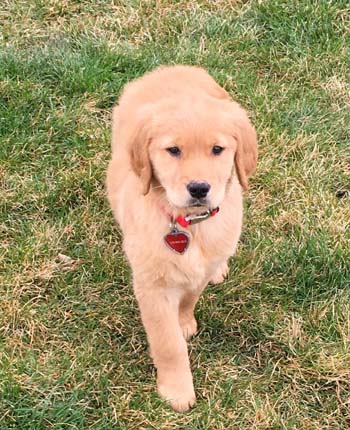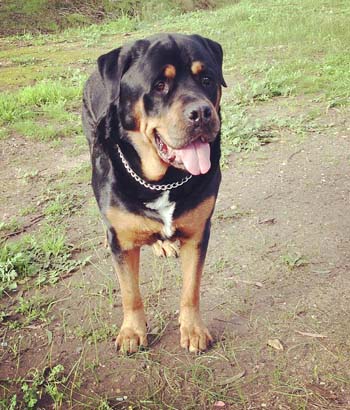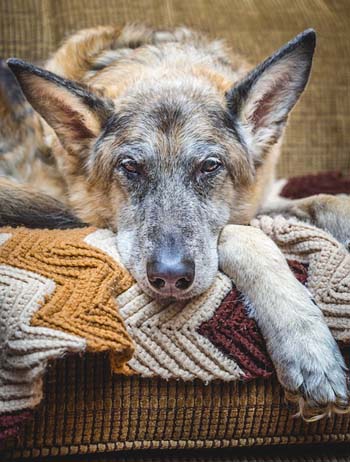Choosing The Right Age Dog
Should I Get a Puppy, an Adult Dog or a Senior Dog?
Choosing The Right Age Dog
No matter what age of dog you choose to adopt, Choosing The Right Age Dog is very important. It is a HUGE responsibility and depending on what age you choose, it can effect you and your dog for many years to come.
A Puppy
Who wouldn’t want a cute and cuddly little puppy to play with?
Puppies are playful, inquisitive, energetic, and very demanding of your time and patience. The last two items will manifest themselves as chewing on things, wetting and leaving little puppy presents on the living room carpet. This is by accident of course, but puppies need you to let it out every 2 to 4 hours. This will insure that you don’t receive more “puppy presents” in the house. They also need feeding 3 or 4 times a day, and as they grow they need countless hours of walking and basic training. You need to attend to their needs to make sure you have a well behaved pet that you can trust.
Puppies require a lot more training than an adult dog. On the Up Side, puppies will bond with you quickly and take to training faster than some older dogs. If you are willing to take the time and effort, a puppy is great fun and you will learn a lot about yourself along the way.
Adult Dogs
An adult dog, (3- 6 years old), has most likely gone through most of the basic training already. They are usually house broken, know how to sit and stay, come when called and may even be able to teach you a trick or two. Unless they came from an outdoor setting, they are usually socialized and may be starting to calm down a little.
There is one thing to remember when choosing the right age dog. You may not know everything about their background. They may have some unresolved issues by this age. These issues may include some behavioral problems like barking, digging or running away. They may like to jump on the furniture or chew on things. They may have a thing for the neighborhood cat, other dogs, or even kids. In short, they may need some training. So you need to be ready to put in some time to correct any possible unwanted behaviors.
Senior Dogs
Last but not least, we have the older dog. (7 yrs and Up).
Older dogs, normally have lower energy levels. This means that you usually won’t have to worry about them running away, chasing squirrels or the neighbor’s cat. Older dogs make great company for the elderly, or people who are not quite as mobile as they once were. Older dogs don’t need to go for long walks or need a lot of exercise.
They also make great assistance animals, therapy dogs or companion pets. Older dogs do have several small draw-backs. As they get older, they may start to develop health issues. Dental disease, bladder and bowel control problems, hearing and vision issues are common in some breeds. Older dogs can also be stubborn at times. On the other hand they still have a lot of love to give and they can provide the right owner many years of happiness!
So, now you know the score! Now it’s up to you to decide! The questions you need to ask yourself when choosing the right age dog are: Should you take the time and energy to raise a puppy? Should you opt for a dog that needs less training and is a more stable adult? Or do you want to go for an older companion that doesn’t need as much exercise.
Please … Think about it long and hard before you make any commitment. Because it is exactly that! A COMMITMENT. No matter which way you choose, you are choosing to be responsible for a life. In return you will receive; companionship, respect, love, gratitude and a lot of happiness.



